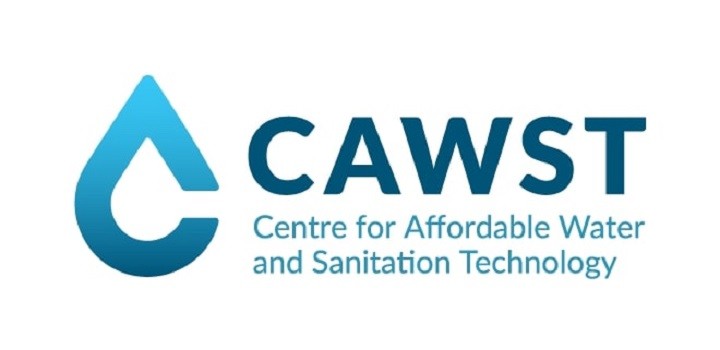Scaling up capacity building in non-sewered sanitation Strengthen the ability of capacity building organizations, such as training institutions and resource centres, to deliver high quality capacity building services in non-sewered sanitation
Focusing in the geographic areas of Sub-Saharan Africa and South Asia, including Burkina Faso, Côte d’Ivoire, Ghana, Kenya, Malawi, Senegal, Sierra Leone, South Africa, Uganda, Zambia, Bangladesh, and Nepal, over the next two years CAWST will identify and strengthen the ability of capacity building organizations, such as training institutions and resource centres, to deliver high quality capacity building services in non-sewered sanitation.
Existing and potential capacity building organizations will be identified and catalogued, and subsequently linked to implementers, practitioners, government officials, project managers, technicians, emptiers, and health promoters, as well as sanitation experts and resources. In addition, we will select and strengthen the most promising capacity builders, helping them to improve their education resources, curriculum design, delivery mechanisms, and knowledge management practices.
CAWST understands that capacity building is not a goal in itself, but rather a foundation to achieve sanitation goals. Therefore, effective capacity building should result in action: knowledge transfer, skill development, behaviour change, and implementation by the target audience – with the ultimate result being people using safely managed sanitation services. Proper design and delivery of capacity building activities is critical to successful capacity building outcomes.

Mission
Addressing a key bottleneck in wide-scale implementation of non-sewered sanitation: the lack of knowledgeable, skilled, and motivated practitioners who plan, design, implement, operate, and maintain non-sewered sanitation services.Approach
This investment is planned to identify right training institutions from selected countries in South Asia and Sub Saharan Africa, provide support in the integration of non-sewered sanitation and FSM courses and support in running the training program.Further comments
Sterenn Philippe, checked by EvMBMGF grant database (brief description)
Answer questions about the project
Tommy Ngai
tngai@cawst.org
Sterenn Philippe
sphilippe@cawst.org
Filter / Tags
Capacity developmentSpecific to one or several countriesOtherBill & Melinda Gates FoundationPractitionersInternational NGO
Related Countries
BangladeshBurkina FasoCôte DivoireGhanaKenyaNepalSenegalSierra LeoneSouth AfricaZambia

Project location
